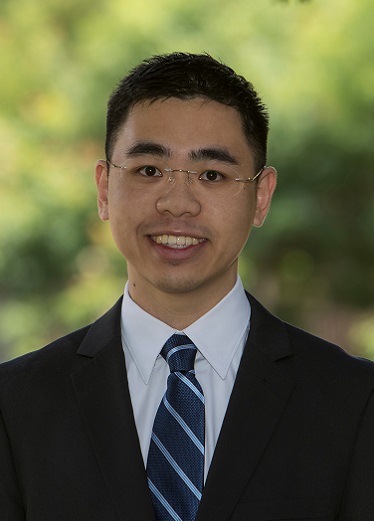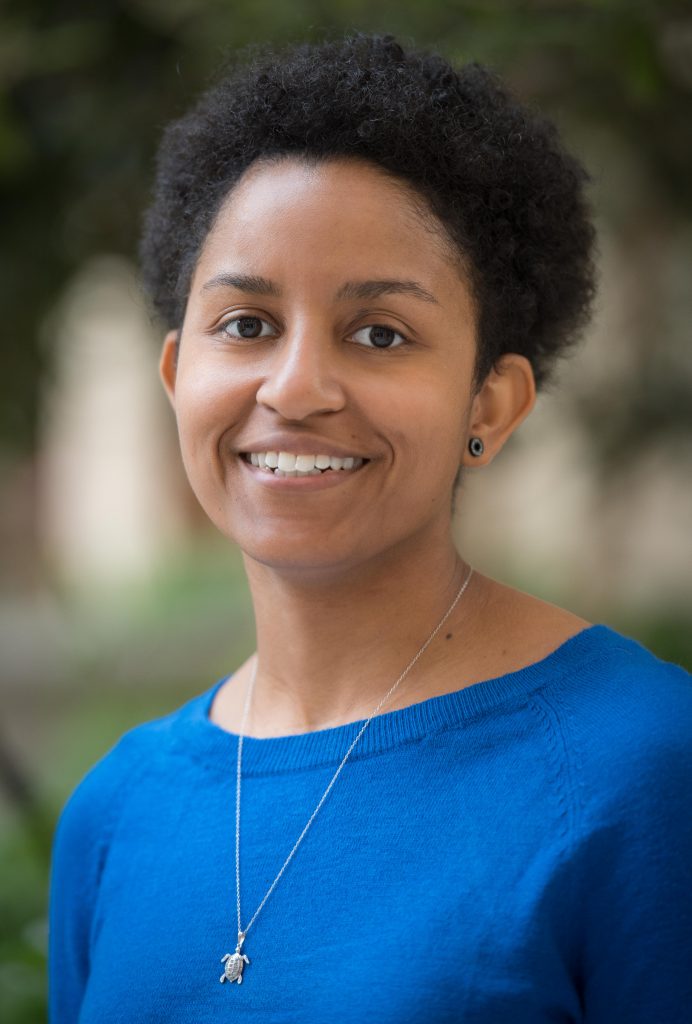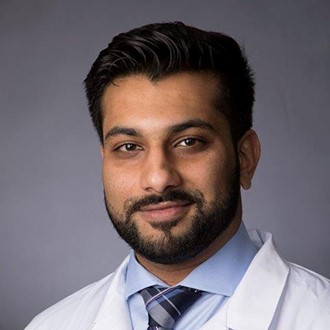
Presented by:
Chuck Huber, PhD
Director of Statistical Outreach, StataCorp
Adjunct Associate Professor of Biostatistics
Texas A&M School of Public Health
This curriculum is designed to support beginner, intermediate, and advanced “Stata” users. The courses do not require registration and can accommodate up to 300 participants. The most recent and advanced version, Stata-16, integrates Python with Stata.
We strongly encourage you to participate!
Bio: Chuck Huber is Director of Statistical Outreach at StataCorp and Adjunct Associate Professor of Biostatistics at the Texas A&M School of Public Health. Most of his current work is focused on statistical methods used by behavioral and health scientists. He has published in the areas of neurology, human and animal genetics, alcohol and drug abuse prevention, nutrition, and birth defects. Dr. Huber currently teaches introductory biostatistics at Texas A&M where he previously taught categorical data analysis, survey data analysis, and statistical genetics.
Please direct questions to Lakshika Tennakoon, Data Scientist, Division of Trauma and Acute Care, Department of Surgery at lakshika@stanford.edu

Presented by:
Chuck Huber, PhD
Director of Statistical Outreach, StataCorp
Adjunct Associate Professor of Biostatistics
Texas A&M School of Public Health
This curriculum is designed to support beginner, intermediate, and advanced “Stata” users. The courses do not require registration and can accommodate up to 300 participants. The most recent and advanced version, Stata-16, integrates Python with Stata.
We strongly encourage you to participate!
Bio: Chuck Huber is Director of Statistical Outreach at StataCorp and Adjunct Associate Professor of Biostatistics at the Texas A&M School of Public Health. Most of his current work is focused on statistical methods used by behavioral and health scientists. He has published in the areas of neurology, human and animal genetics, alcohol and drug abuse prevention, nutrition, and birth defects. Dr. Huber currently teaches introductory biostatistics at Texas A&M where he previously taught categorical data analysis, survey data analysis, and statistical genetics.
Please direct questions to Lakshika Tennakoon, Data Scientist, Division of Trauma and Acute Care, Department of Surgery at lakshika@stanford.edu

Balasubramanian Narasimhan, Dept. of Statistics
Presented by:
Dr. Dr. Balasubramanian Narasimhan
Director and Senior Research Scientist-Physical, Biomedical Data Science
Stanford University
Yulin Chien
Software Developer
Stanford University Research Informatics Center (RIC)
Eileen Kiamanesh
Research Data Analyst
Stanford University Research Informatics Center (RIC)
Title: “Introduction to the Research Informatics Center”
For dial-in instructions, please contact Ana Mezynski at mezynski@stanford.edu

Jeffrey Kwong is an MD Student and Master’s Student in Epidemiology and Clinical Research under the mentorship of Dr. Gordon Lee, Professor of Surgery (Plastic and Reconstructive Surgery) at Stanford University Medical Center.
TITLE: “Randomized Double-Blinded, Placebo-Controlled Trial: Transversus Abdominis Plane (TAP) Blocks in Breast Cancer Patients Undergoing Reconstruction with Abdominal Free Flap“
ZOOM DIAL IN:
For dial-in instructions, please contact Ana Mezynski at mezynki@stanford.edu.

Presented by:
Chuck Huber, PhD
Director of Statistical Outreach, StataCorp
Adjunct Associate Professor of Biostatistics
Texas A&M School of Public Health
This curriculum is designed to support beginner, intermediate, and advanced “Stata” users. The courses do not require registration and can accommodate up to 300 participants. The most recent and advanced version, Stata-16, integrates Python with Stata.
We strongly encourage you to participate!
Bio: Chuck Huber is Director of Statistical Outreach at StataCorp and Adjunct Associate Professor of Biostatistics at the Texas A&M School of Public Health. Most of his current work is focused on statistical methods used by behavioral and health scientists. He has published in the areas of neurology, human and animal genetics, alcohol and drug abuse prevention, nutrition, and birth defects. Dr. Huber currently teaches introductory biostatistics at Texas A&M where he previously taught categorical data analysis, survey data analysis, and statistical genetics.
Please direct questions to Lakshika Tennakoon, Data Scientist, Division of Trauma and Acute Care, Department of Surgery at lakshika@stanford.edu

Presented by:
Chuck Huber, PhD
Director of Statistical Outreach, StataCorp
Adjunct Associate Professor of Biostatistics
Texas A&M School of Public Health
This curriculum is designed to support beginner, intermediate, and advanced “Stata” users. The courses do not require registration and can accommodate up to 300 participants. The most recent and advanced version, Stata-16, integrates Python with Stata.
We strongly encourage you to participate!
Bio: Chuck Huber is Director of Statistical Outreach at StataCorp and Adjunct Associate Professor of Biostatistics at the Texas A&M School of Public Health. Most of his current work is focused on statistical methods used by behavioral and health scientists. He has published in the areas of neurology, human and animal genetics, alcohol and drug abuse prevention, nutrition, and birth defects. Dr. Huber currently teaches introductory biostatistics at Texas A&M where he previously taught categorical data analysis, survey data analysis, and statistical genetics.
Please direct questions to Lakshika Tennakoon, Data Scientist, Division of Trauma and Acute Care, Department of Surgery at lakshika@stanford.edu

Presented by:
Chuck Huber, PhD
Director of Statistical Outreach, StataCorp
Adjunct Associate Professor of Biostatistics
Texas A&M School of Public Health
This curriculum is designed to support beginner, intermediate, and advanced “Stata” users. The courses do not require registration and can accommodate up to 300 participants. The most recent and advanced version, Stata-16, integrates Python with Stata.
We strongly encourage you to participate!
Bio: Chuck Huber is Director of Statistical Outreach at StataCorp and Adjunct Associate Professor of Biostatistics at the Texas A&M School of Public Health. Most of his current work is focused on statistical methods used by behavioral and health scientists. He has published in the areas of neurology, human and animal genetics, alcohol and drug abuse prevention, nutrition, and birth defects. Dr. Huber currently teaches introductory biostatistics at Texas A&M where he previously taught categorical data analysis, survey data analysis, and statistical genetics.
Please direct questions to Lakshika Tennakoon, Data Scientist, Division of Trauma and Acute Care, Department of Surgery at lakshika@stanford.edu

Presented by:
Chuck Huber, PhD
Director of Statistical Outreach, StataCorp
Adjunct Associate Professor of Biostatistics
Texas A&M School of Public Health
This curriculum is designed to support beginner, intermediate, and advanced “Stata” users. The courses do not require registration and can accommodate up to 300 participants. The most recent and advanced version, Stata-16, integrates Python with Stata.
We strongly encourage you to participate!
Bio: Chuck Huber is Director of Statistical Outreach at StataCorp and Adjunct Associate Professor of Biostatistics at the Texas A&M School of Public Health. Most of his current work is focused on statistical methods used by behavioral and health scientists. He has published in the areas of neurology, human and animal genetics, alcohol and drug abuse prevention, nutrition, and birth defects. Dr. Huber currently teaches introductory biostatistics at Texas A&M where he previously taught categorical data analysis, survey data analysis, and statistical genetics.
Please direct questions to Lakshika Tennakoon, Data Scientist, Division of Trauma and Acute Care, Department of Surgery at lakshika@stanford.edu

Kristen Davis, MPH
Social Science Research Professional, S-SPIRE Center
Stanford University

Marzena Sasnal, PhD
Social Science Research Professional, S-SPIRE Center
Stanford University
TITLE: “NIH Grant Updates, Data Sharing Plan & Working Session: Updating Your Biosketch to the New NIH Format”
ZOOM DIAL IN:
For dial-in instructions, please contact Ana Mezynski at mezynki@stanford.edu.
 Presented by:
Presented by:
Talha Rafeeqi, MBBS
General Surgery Resident
Valley Health System, Las Vegas, NV
Under the mentorship of Dr. Bruzoni
Associate Professor of Surgery (Pediatric Surgery)
Stanford University Medical Center
Title: “The Effect of Metabolic Surgery on Diabetes Remission in the Underserved Hispanic
Pediatric Population”
Bio:
Dr. Rafeeqi was born and raised in the Bay Area and graduated from Palo Alto Senior High School. He elected to study medicine in the country of his heritage, Pakistan, where he attained his medical degree from Dow University of Health Sciences. Since then, he has journeyed from working with Dr. Brendan Visser in the HPB Surgery department, to New Jersey where he completed his intern year, and now Las Vegas where he is completing third year of his general surgery residency. He will be starting this July as the Pediatric Surgery department’s Innovations in Pediatric Surgery research fellow, where he will work to organize and carry out research to further the management of pediatric surgical disease.
For Zoom dial-in instructions, please contact Ana Mezynski at mezynski@stanford.edu.